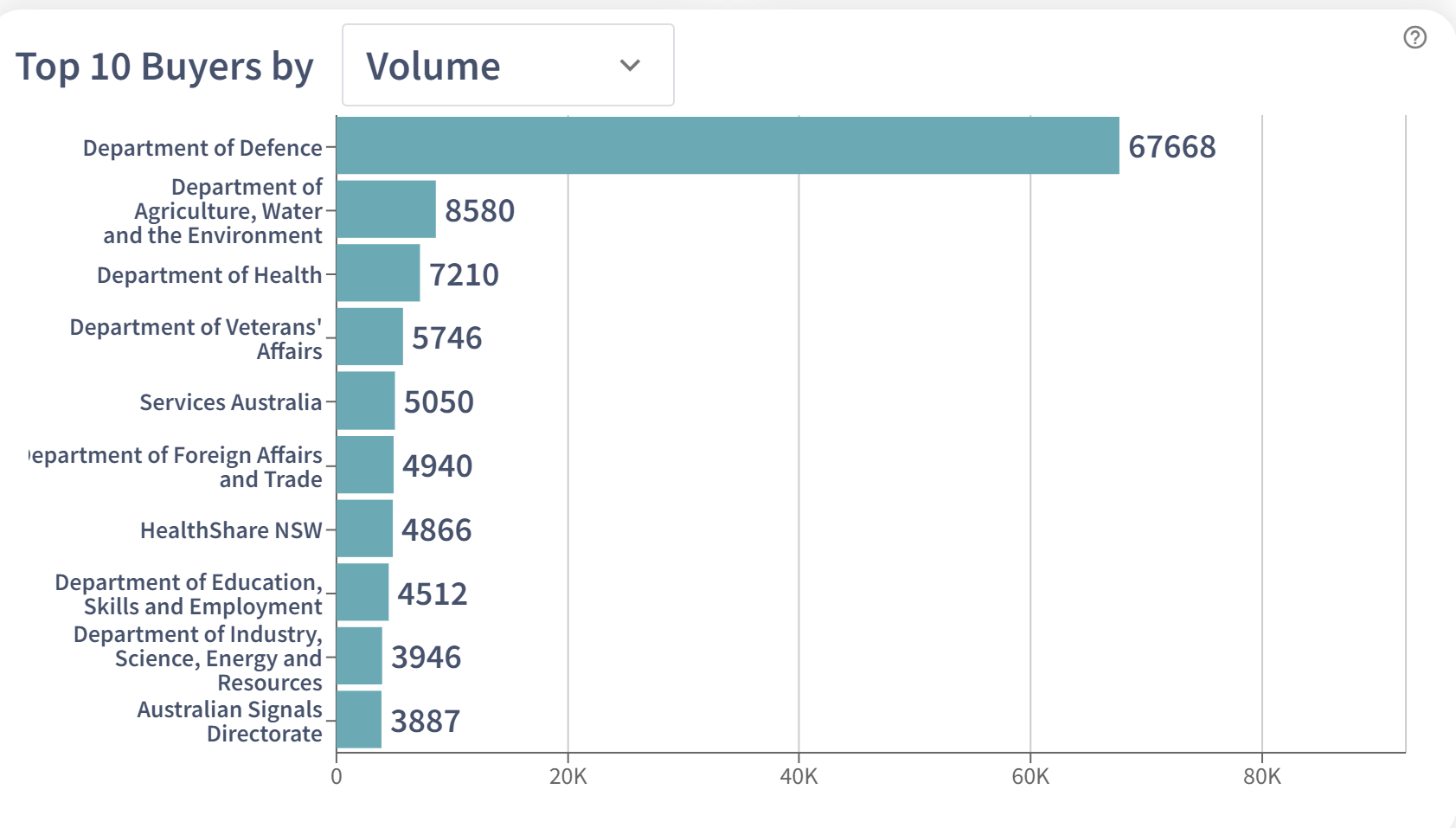Procurement is the backbone of many industries, enabling businesses to secure the necessary goods and services to operate successfully. Today, with vast technological advancements, the integration of digital solutions has become a crucial part of procurement processes – not just in Australia – but across the globe. The recent Parliamentary Inquiry into the Procurement Practices of Government Agencies in New South Wales and its Impact on the Social Development of the People of New South Wales highlights the growing awareness and need for digital transformation in this sector.
Bidhive: A focal point for digital efficiency
Amidst these developments, platforms like Bidhive are garnering attention for their ability to streamline and enhance procurement efficiency. The Hon. Damien Tudehope, Shadow Treasurer, Shadow Minister for Industrial Relations and Leader of the Opposition in the Legislative Council held a discussion about Bidhive during the Parliamentary Inquiry question on the potential advancements that digital tools can bring to procurement processes. As Mr. Hirsh and Ms. Chapman, both from Infrastucture NSW pointed out during the question time, using digital platforms that publish opportunities and contract data such as Bidhive can improve compliance monitoring across agencies and ensure adherence to procurement policies.
The advantages of utilising Bidhive – procurement data in real time
Case in point – currently, many procurement departments need to extract their own procurement data, send it for data processing to third parties, and then wait for reports to know exactly what they have spent retrospectively.
Bidhive’s real-time tracking capabilities on the other hand have already shown impressive results; our latest graphs display the sheer volume of procurement conducted by the top 10 buyers by volume in both Australia and the United Kingdom. This same data can then be filtered by value to show the consolidated or individual contract amounts awarded by different agencies in a point in time (eg. annually, quarterly). This can also be searched by buyer and supplier name, or by industry category.
Australia data – Year to Date, 2024
For instance, the Australian Federal Government clocks in an awarded value of $223,777,541,763 YTD.

United Kingdom data – Year to Date, 2024
The UK Crown Commercial’s procurement volume reaches a staggering £2,423,683,026,177 YTD.

These figures not only indicate the scale of procurement activities but also demonstrate how a centralised platform can capture and analyse procurement data effectively.
The value of utilising a platform like Bidhive goes beyond just statistics and data aggregation. By offering a clear and immediate overview of spend distribution, Bidhive enables organisations to see not just the share of spend, but also assess the spread of opportunities — a crucial aspect in fostering a competitive and fair market.
The insights gained from Bidhive’s analytics can help address some of the systemic issues brought to light in the Inquiry, such as the need for broader definitions of value in public tenders that transcend cost (factors such as job growth and support for local industries). By mandating standard form contracts and incorporating systems like Bidhive into procurement processes, efficiency gains and cost reductions are achievable across the board.
Empowering smaller enterprises through data analytics
As Brent Crockford, Board Member, Civil Contractors Federation (NSW Branch) and Kylie Yates, Chief Executive Officer, Civil Contractors Federation (NSW Branch) testified in the Inquiry, fostering tier 2 and tier 3 contractors and ensuring market diversity are vital. Platforms like Bidhive can identify trends and opportunities that could allow these smaller enterprises to compete more effectively on major projects, addressing the concerns related to the concentration of awards to a selected few major players.
The path forward: Embracing openness and transparency
As digital transformation reshapes both the procurement and supplier bidding landscape, leveraging platforms like Bidhive to bring both sides together where it matters, can catalyse a range of benefits: from strengthening compliance and governance to enabling more strategic decision-making. As the insights from the Parliamentary Inquiry suggest, the integration of digital tools like Bidhive is not just desirable but imperative to navigate the complexities and scale of contemporary procurement activities efficiently.
As we forge ahead in our mission to redefine bid management, it’s clear that data reigns supreme, and transparency is not an adversary but an ally. By embracing openness, we can create a seamless nexus between business and procurement processes to unlock potential and delineate commonalities. This strategy, of course, must balance transparency with discernment, protecting sensitive commercial information when required and upholding the principle of impartiality.
The pursuit of a transparent, accessible, and fair procurement landscape is more than a lofty ideal. Here at Bidhive we see it as an achievable goal that is gradually coming to fruition – as long as it starts with removing the fear of transparency.


